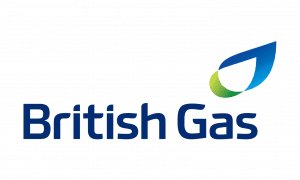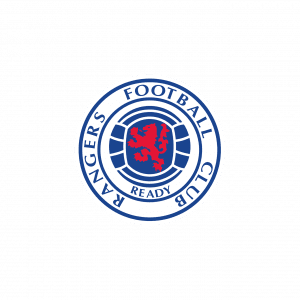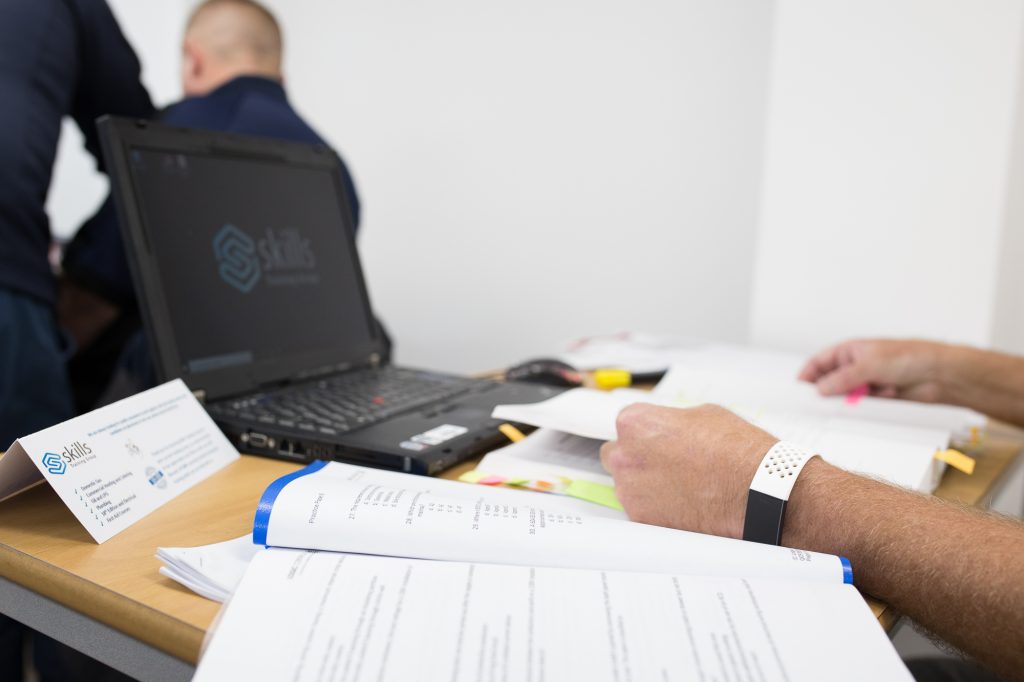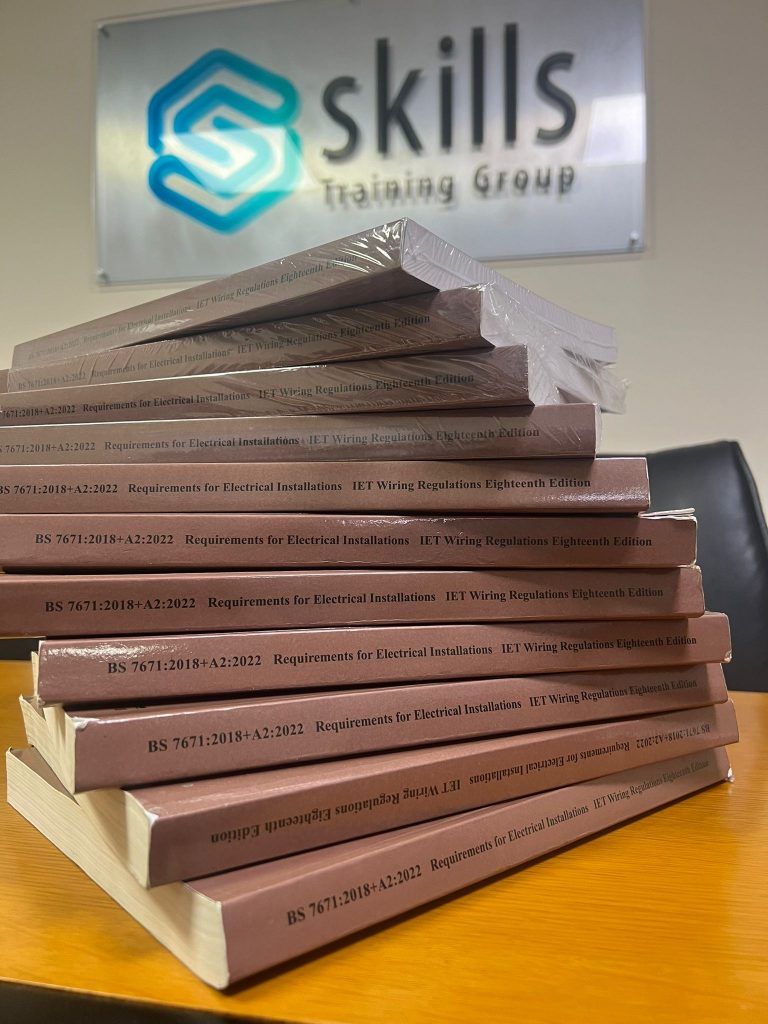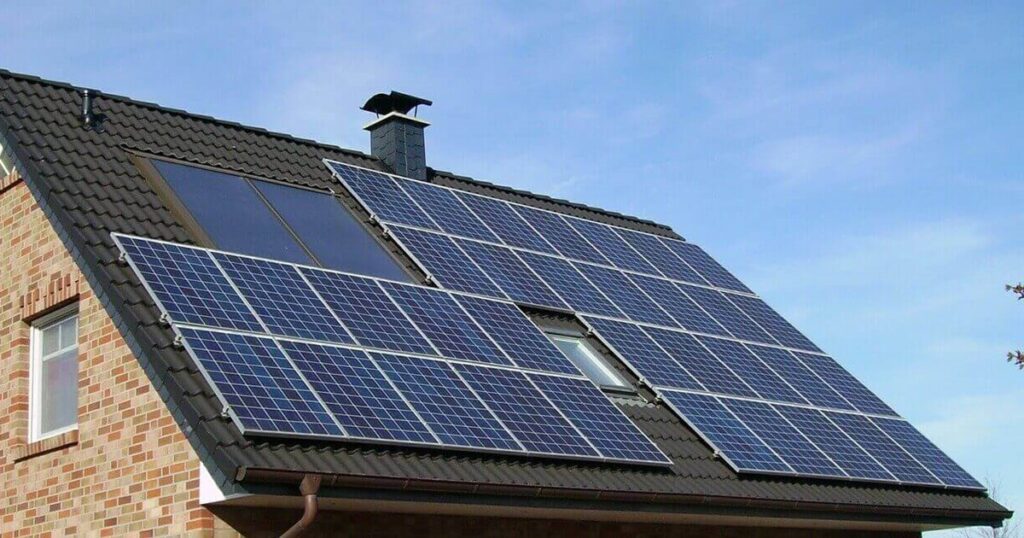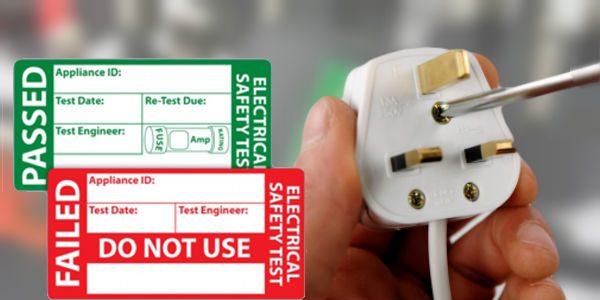Which accreditation bodies are recognised by JIB/SJIB for testing & inspection qualifications?
LCL Awards, City & Guilds (2391-52 course), EAL Level 3 Inspection and Testing Course and more are recognised and give the same formal qualification.
Will I gain practical skills by completing this course?
You'll gain specialist knowledge on the completion of inspection and testing, although, it's worth noting that the course is mostly theory-based. You'll undertake a practical assignment in our training centre during your assessment. At the end of your training, you'll be able to complete electrical installation condition reports (EICR)
What experience should I have to do this course?
This course is best for qualified electricians, but as a minimum, you up to speed with BS7671 Wiring Regulations as well as a basic knowledge of electrical science. If you need this additional learning, we cover BS7671 Regulations in our 18th Edition Course (C&G 2382-22). We recommend having 6 months testing experience before undertaking this course.
Course Assessments
Your assessment will consist of several components:
Online Exam and Written Assignment: These are scheduled for the Monday following your main course. The online exam is an open book format, lasting 2 hours. Additionally, there's a short written assignment to be completed during the course, which typically takes about 1.2 hours.
Practical Assessment: This is a 2.5-hour session that usually occurs in the second week of the course.
For specific scheduling details, you can get in touch over the phone. Alternatively, if you book online, we will reach out to you to confirm the exact day for your practical assessment.
What is an EICR?
A comprehensive electrical inspection and testing report produced as a result of an electrical installation assessment is known as an EICR (Electrical Installation Condition Report). The EICR is a report on the condition of the electrical installation, including the design, content, and practises of the installation. The report includes a grading system to indicate the overall condition of the electrical installation and identifies any areas that require additional evaluation or repair. The EICR is an important component of electrical safety and is required for compliance with current legislation.
2391 courses prepare students to become qualified electrical inspectors and testers. Lectures, textbook studies, quizzes, discussion activities, online tests, and practical assessments are common components of these courses, which often include both theoretical and practical components. A 2391 practical assessment is an important part of the course and is usually carried out by a professor or an experienced electrical inspector. After successfully completing the 2391 course and practical assessment, the candidate receives a diploma and certificate demonstrating his or her competence in electrical inspection and testing.
EICR training may be included as part of electrical apprenticeships and NVQs (National Vocational Qualifications). The training covers electrical testing and inspection principles, as well as the testing process and requirements. Some courses may also include open book exams, in which students can access materials and links to answers for assistance. The final examination, on the other hand, is typically closed book, with candidates required to demonstrate their understanding and knowledge without the use of materials or external resources.
C&G 2391-52 Inspection & Testing Explained
The C&G 2391-52 Inspection & Testing course has been reintroduced to harmonise all industry qualifications pertaining to the inspection and testing of wiring systems according to BS 7671 standards. This course supersedes the combined C&G 2394/95 course package.
Why take this 2391 Course?
A 2391 qualification is presently necessary to obtain your JIB grading as an approved electrician. There are separate initial (2391-50) and periodic (2391-51) qualifications available, but you can conserve both time and money with our combined 2391-52 course. This course has been introduced to streamline and simplify the qualifications needed for conducting advanced inspection and testing.
How do I pass the 2391 inspection and testing?
To pass the 2391 Inspection and Testing certification, you need to prepare, study, and practice.
Here are some tips to help you pass the exam:
Understand the exam format: Before preparing for the test, it is important to understand the exam format. The 2391 certification exam is split into two sections, a written exam and a practical evaluation.
Study the relevant rules and standards: The 2391 certification exam covers various topics such as inspection and testing procedures, electrical installations inspection and testing, and the applicable regulations and safety standards.
Utilise study materials: To prepare for the exam, it's advisable to use study materials such as textbooks, revision guides, and practice tests. These resources will help you to understand the material and identify areas where you need to improve.
Attend a training course: An excellent way to prepare for the 2391 certification exam is by attending a training course. The course provides you with an opportunity to learn from experts, practice your skills, and interact with other learners.
Practice and revise: Practice makes perfect. It's essential to practice the inspection and testing procedures regularly and revise the material to ensure that you understand the concepts and procedures thoroughly.
Manage your time effectively: During the written exam, manage your time wisely. Read the questions carefully, and take the time to understand what is being asked before answering.
By following these tips, you can increase your chances of passing the 2391 Inspection and Testing certification.
how much is the 2391 course?
The cost of our 2391 inspection and testing course is £845 + VAT.
How You'll Learn
The course focuses on equipping you with comprehensive knowledge about Inspection and Testing for both new and existing installations. The instructor will reference Guidance Note 3 and provide learner resources such as hand-outs and a learner pack, supported by a PowerPoint presentation. They will also introduce and work through examples of typical questions you might encounter in the exam, ensuring the information is thoroughly understood.
The learning method of this course is predominantly theoretical. However, the assessment for the qualification includes several components:
Online Multiple-Choice Examination: This exam consists of 60 questions and has a duration of 120 minutes. It's an open book exam, and you are allowed to refer to the following materials:
BS 7671
IET On-site Guide
IET Guidance Note 3
Written Assignment: This assignment lasts 80 minutes and includes 4 short-answer questions. It is also an open book task, with the same permitted materials as the exam.
Practical Assignment: Lasting 2.5 hours, this assessment involves conducting both an Initial Verification and a Periodic Inspection of a three-phase electrical installation. This includes completing all relevant documentation. This practical aspect of the course provides hands-on experience, applying theoretical knowledge to real-world scenarios.
